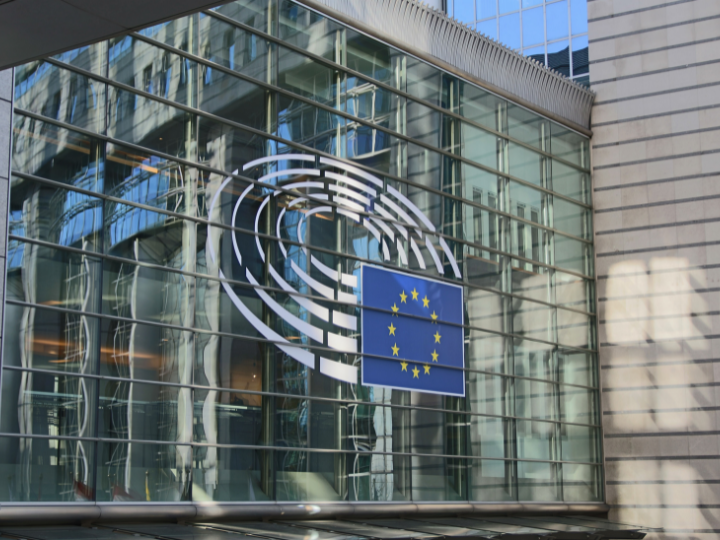by Max Griera
The Parliament’s communication strategy for the 2024 EU elections will rely on a network of media and civil society organisations, with a €37million budget – or €0.08 per citizen – , “almost peanuts” compared to other institutions and governments’ budgets, Communications Director and EU Parliament Spokesperson Jaume Duch told EURACTIV.
Since “we have to be careful with taxpayers’ money”, the Parliament is constructing its campaign around “creating a wave” which will be supported and sustained by an internal and external network, focusing on mobilising abstainers and first-time voters, Duch said.
“Our strategy is not just about what are we going to do, but about how we can help other people, starting by the media, ending by NGOs, by companies and by individuals” he added.
An amount of €8 million will be dedicated to fund media companies via grants for actions promoting the EU elections and the Parliament’s work. Another €3.9 million will be made available for civil society organisations and “change-makers” aiming at “growing non-partisan civic engagement of European citizens and organisations in promoting the importance of going to vote.”
The Parliament will also make use of the together.eu platform, engaging thousands of stakeholders across the EU and groups with whom the communications service is already in touch in member states via the European Parliament Liaison Offices (EPLOs).
“All these allies will be activated in coordination with the European Parliament”, Duch said, adding that they will make use of its stakeholder network as well as the correspondents in Brussels, member states’ media, and national governments to communicate the work and impact of the Parliament, and to project “the importance of European elections”.
Duch expects that the growing importance of the EU in the last years with the COVID-19 pandemic, the NextGeneration funds, and the common response against Russia’s war in Ukraine will increase turnout.
“Since the European Union now is on the cover pages of many newspapers almost every day (…), there is a logic in thinking that there will be even more people interested in voting for European elections”, he said.
The Parliament is currently building the network and assigning grants and will not start launching and coordinating communication actions across the EU until January 2024.
Qatargate and harassment cases
Asked about the impact of Qatargate and the harassment cases on the reputation of the Parliament and the EU elections, Duch expressed confidence arguing that the recent Eurobarometer results did not show any bad impact, with voting intentions as high as 67%.
“I’m convinced that when the elections will arrive, the Parliament will be able to say to the public opinion, yes, there were cases of corruption […] But we took this situation very seriously, and we adopted quite a long list of measures to be sure that it doesn’t happen again or if it’s going to happen or it happens, we can alert ourselves immediately”, he said.
Parliament President Roberta Metsola “is pretty conscious that [undergoing internal reforms] it’s important for the image of this House,” he added.
*first published in: Euractiv.com




 By: N. Peter Kramer
By: N. Peter Kramer

